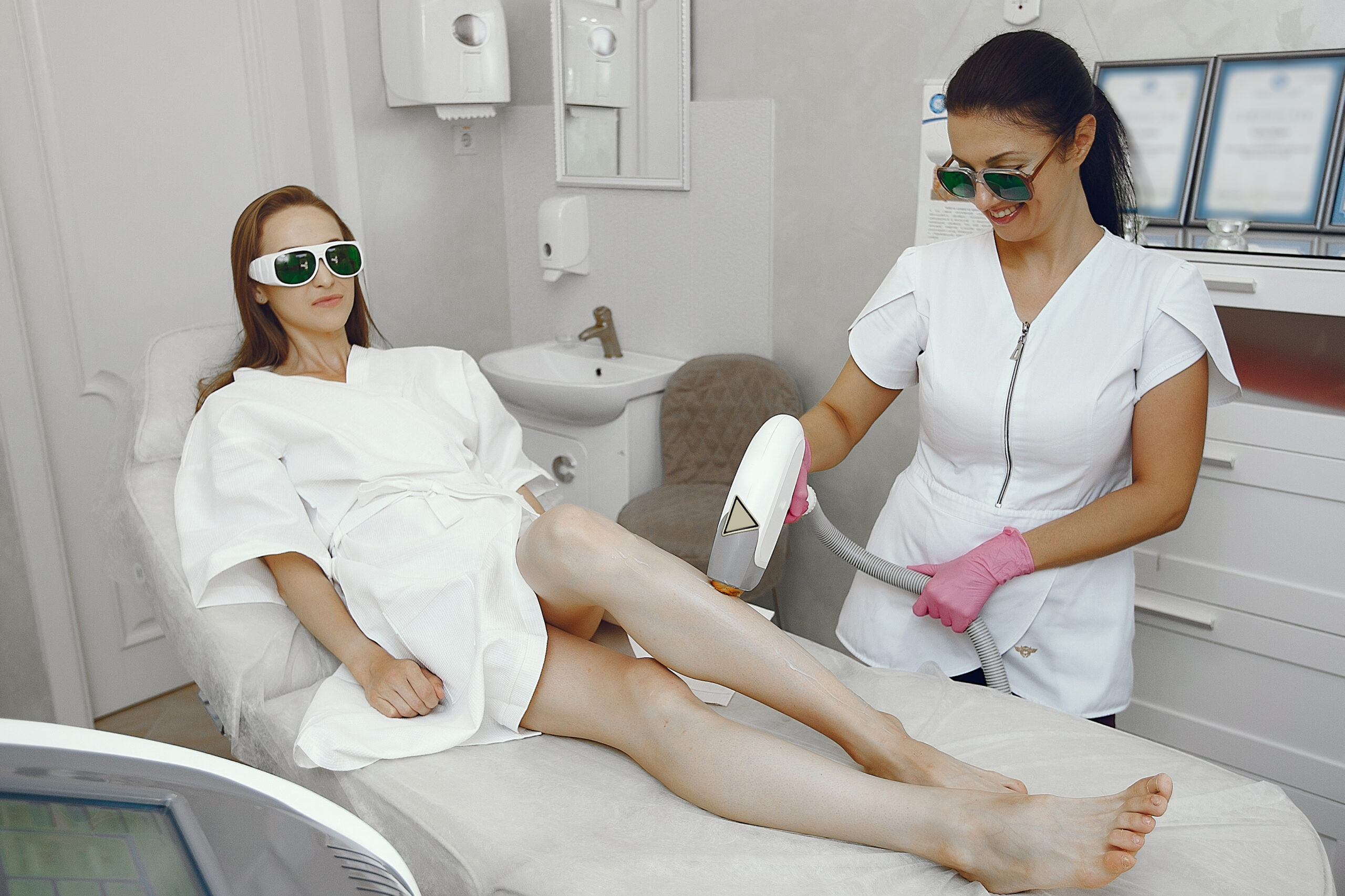Dealing with dark spots and acne marks can be frustrating. If you have been exploring skincare solutions, you have must heard that vitamin C is the powerhouse for brightening and correcting glow of your skin.
But how does vitamin C really help with spots and acne-prone skin? Let’s break it down!
What is Vitamin C?
Vitamin C is also known as ascorbic acid, which is a potent antioxidant that can protect your skin from damage that is caused by free radicals. It also helps in stimulating collagen production, which supports skin firmness and skin elasticity.
This is something that makes it a favorite solution among dermatologists and skin enthusiast people.
Vitamin C for Dark Spots
One of the biggest reasons that why vitamin C is highly recommended by skin physicians is that it works in correcting the dark spots and evening the skin tone. The regular use of vitamin C serums help you to cope with these issues effectively.
By inhibiting the enzyme that is responsible for melanin production, vitamin C acts to brighten the skin and give you a radiant glow. So, in simple words, you can say that using vitamin C for dark spots is a trusted approach to achieve a more radiant complexion.
Does Vitamin C Help Acne?
If this is dealing with making your skin bright, you must be wondering that does it work with acne too?
According to a detailed article by CeraVe, vitamin C can indirectly help your skin to make it acne-prone by reducing inflammation and redness on the skin. It does not treat your acne like salicyclic acid or benzoyl peroxide, but it can calm your skin.
Read more about this in CeraVe’s helpful guide: Does Vitamin C Help Acne-Prone Skin?
La Roche-Posay also shares how vitamin C can be beneficial for acne-prone skin, especially when used in combination with other targeted treatments: The Benefits of Vitamin C for Acne-Prone Skin
Can You Use Vitamin C with Retinol?
Another common question is that can you use vitamin C with retinol?
The answer is Yes, but the best practice is to apply them at different times of the day. In a typical skincare routine, vitamin C is normally used in the day time skincare routine while retinol is used at the night time. When applied at night, retinol works best to improve the cell turnover and fight fine lines.
Final Words
Vitamin C is a fantastic addition to your skincare routine if you’re looking to fade dark spots and promote a more radiant, healthy-looking complexion. While it may not treat acne directly, its anti-inflammatory and brightening properties can make a big difference, especially when used alongside other products like retinol. Just remember to be consistent and patient, as results take time. And of course, always use sunscreen to protect your skin from further damage.







